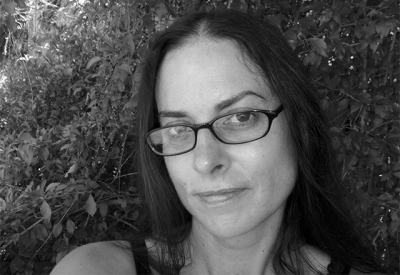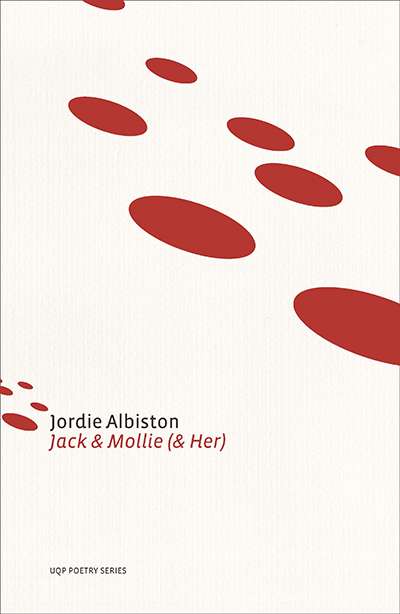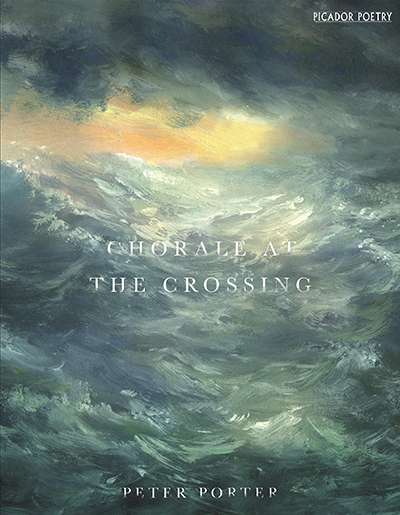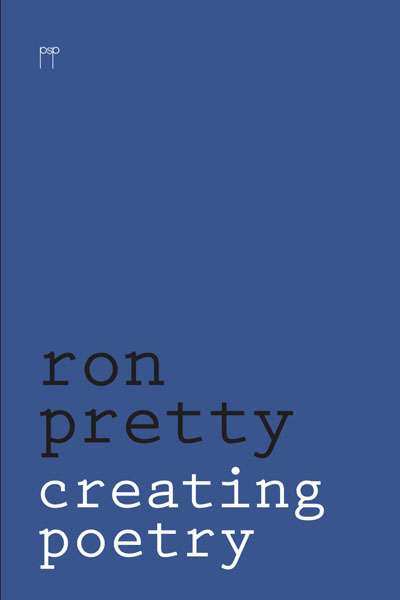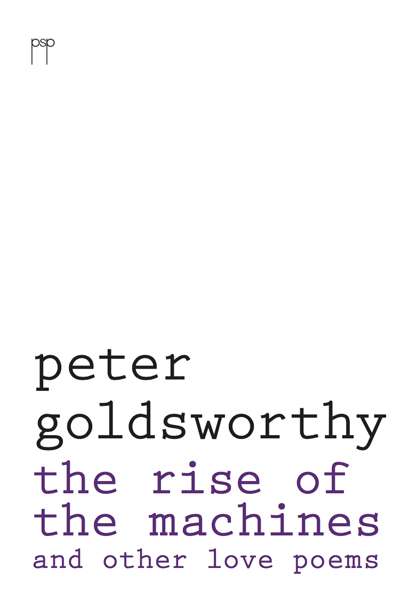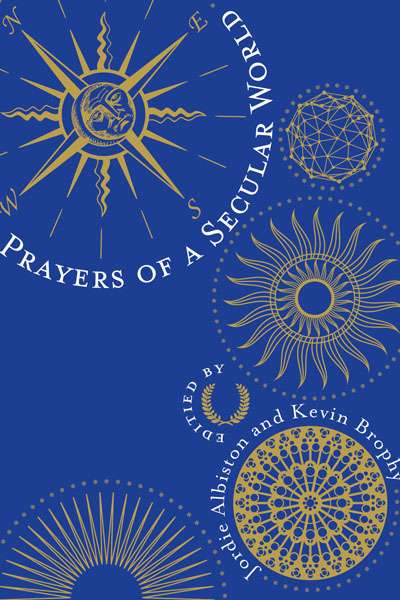Accessibility Tools
- Content scaling 100%
- Font size 100%
- Line height 100%
- Letter spacing 100%
Australian Poetry
The ABR Podcast
Released every Thursday, the ABR podcast features our finest reviews, poetry, fiction, interviews, and commentary.
Subscribe via iTunes, Stitcher, Google, or Spotify, or search for ‘The ABR Podcast’ on your favourite podcast app.
‘Where is Nancy?’ Paradoxes in the pursuit of freedom
by Marilyn Lake
This week on The ABR Podcast, Marilyn Lake reviews The Art of Power: My story as America’s first woman Speaker of the House by Nancy Pelosi. The Art of Power, explains Lake, tells how Pelosi, ‘a mother of five and a housewife from California’, became the first woman Speaker of the United States House of Representatives. Marilyn Lake is a Professorial Fellow at the University of Melbourne. Listen to Marilyn Lake’s ‘Where is Nancy?’ Paradoxes in the pursuit of freedom’, published in the November issue of ABR.
Recent episodes:
We are in the back of the Bentley;
the church and the Riviera crowds
are behind us. The sunroof is open ...
Poetry can say anything that prose says, but it has to get there far more quickly and in much less space. I think this sense of spatial, psychological pressure is the main point of difference.
... (read more)Peter Kenneally reviews 'The Fox Petition' by Jennifer Maiden, 'Breaking the Days' by Jill Jones and 'Exhumed' by Cassandra Atherton
From the cover of Jennifer Maiden's latest book (The Fox Petition, Giramondo, $24 pb, 96 pp, 9781922146946), a wood-cut fox stares the reader down. This foreign, seditious animal is the perfect emblem for Maiden's examination of the xenophobia, conformity, and general moral diminution that she sees around her. Giramondo have given Maiden the liberty of an a ...
Rose Lucas reviews 'Ground' by Martin Langford, 'Eating my Grandmother' by Krissy Kneen, and 'Now You Shall Know' by Jennifer Compton
In their very different ways, these three collections attest that contemporary Australian poetry is alive, robust, and engaging.
Puncher and Wattmann have delivered a generous collection of Martin Langford's most recent poems, Ground ($25 pb, 158 pp, 9781922186751). As we have come to expect from Langford, the voice we find here is strong – passio ...
The Rise of the Machines and other love poems by Peter Goldsworthy
Prayers of a Secular World edited by Jordie Albiston and Kevin Brophy
Peter Kenneally reviews 'The Law of Poetry' by MTC Cronin, 'The Ladder' by Simon West, 'Jam Sticky Vision' by Luke Beesley, 'Immune Systems' by Andy Jackson, and 'The Hour of Silvered Mullet' by Jean Kent
With her first book, Zoetrope, in 1995, MTC Cronin announced herself as a very particular force in Australian poetry. It was not just that her début was so much more immediately arresting than most poets' first outings, but also that it had real authority. This authority, coming from force of intellect and a kind of absolutist, almost inscribed imagination ...


